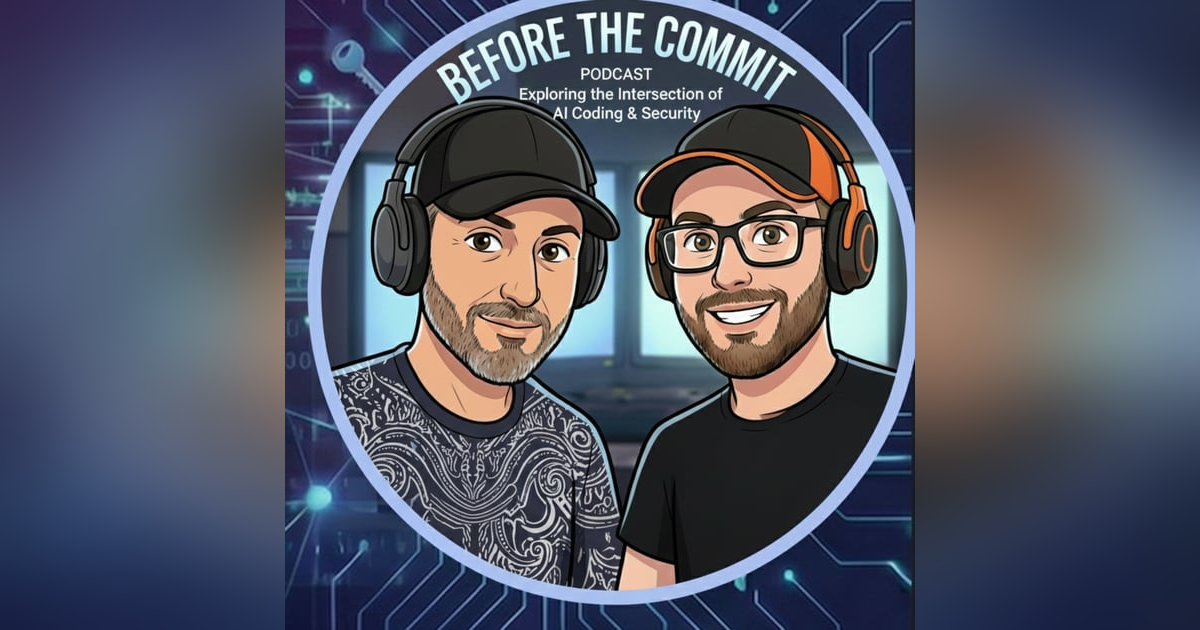Episode 4: Claude Code Github Action

In this episode of Before the Commit, the hosts dive deep into the evolving landscape of software development, automation, and AI’s role in reshaping industries beyond tech. The discussion spans GitHub Actions with Cloud Code, the challenges of technical debt in an AI-driven era, the evolution of agile practices, and the disruptive effects of AI in creative fields like music and film.
The conversation opens with a focus on Cloud Code, which has emerged as both a CLI tool and SDK rather than a traditional IDE. When paired with GitHub Actions, Cloud Code allows for asynchronous automation of tasks such as issue creation, code reviews, and pull requests. Unlike early “cursor background agents” that felt heavy and remote, Cloud Code provides a seamless and lightweight approach that enables developers to collaborate with AI in real time within their workflows.
The hosts emphasize that while AI agents can handle much of the routine coding, the real challenge lies in how humans set up tasks and acceptance criteria. AI thrives when expectations are clearly defined, but complex, production-ready solutions still require human oversight. The emerging pattern is that AI can complete roughly 80–90% of development, while humans step in for the final polish—similar to a party planner fine-tuning the last details after their team has done the bulk of the setup.
A central theme is whether technical debt still matters in an AI-first world. Traditionally, engineering teams have struggled with pressure from sales or business teams to deliver features quickly, leading to cut corners that accumulate as debt. However, with AI accelerating refactors and experimentation, the cost of “debt” may be far lower. The hosts argue that while inadvertent mistakes will still occur, the ability to quickly re-architect or refactor with AI challenges the old obsession with minimizing technical debt at all costs.
The discussion pivots to the agile manifesto, now over 24 years old, and its evolution. Agile was never about rigid rules, but about moving away from the rigid, plan-everything-upfront waterfall model. Agile’s core value was early customer validation: deliver something quickly, get feedback, and adjust. With AI enabling rapid feature development, the dream of true continuous deployment—even faster than sprint cycles—may finally be achievable.
The hosts highlight that agile and waterfall are not opposites but tools for different contexts. Waterfall is suited for predictable, high-stakes projects like launching rockets, while agile thrives in unpredictable markets where customer needs evolve rapidly.
The conversation then shifts beyond coding, exploring how AI is reshaping music, film, and other arts.
AI-generated music: Some songs are now created entirely by AI, even mimicking collaborations between famous artists. While debates rage about copyright and originality, the hosts point out that no artist creates in a vacuum—every musician is influenced by predecessors. AI is no different, learning from prior works but generating unique compositions.
Ethics and ownership: Questions remain about who controls an artist’s likeness or style after death. The example of Princess Leia’s reappearance in Star Wars: Rise of Skywalker illustrates both the potential and controversy of resurrecting performers digitally.
Democratizing creativity: Just as AI empowers developers to experiment broadly, it lowers barriers in music and film. Individuals without traditional training can now compose songs, animate photos, or even produce short films. This mirrors past disruptions like Napster, SoundCloud, and streaming platforms.
The hosts envision a future where movies, music, and games are dynamically tailored to individual preferences, with users even commissioning personal, high-quality films for themselves.


